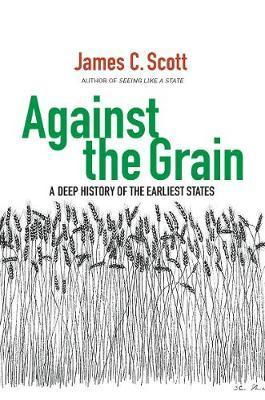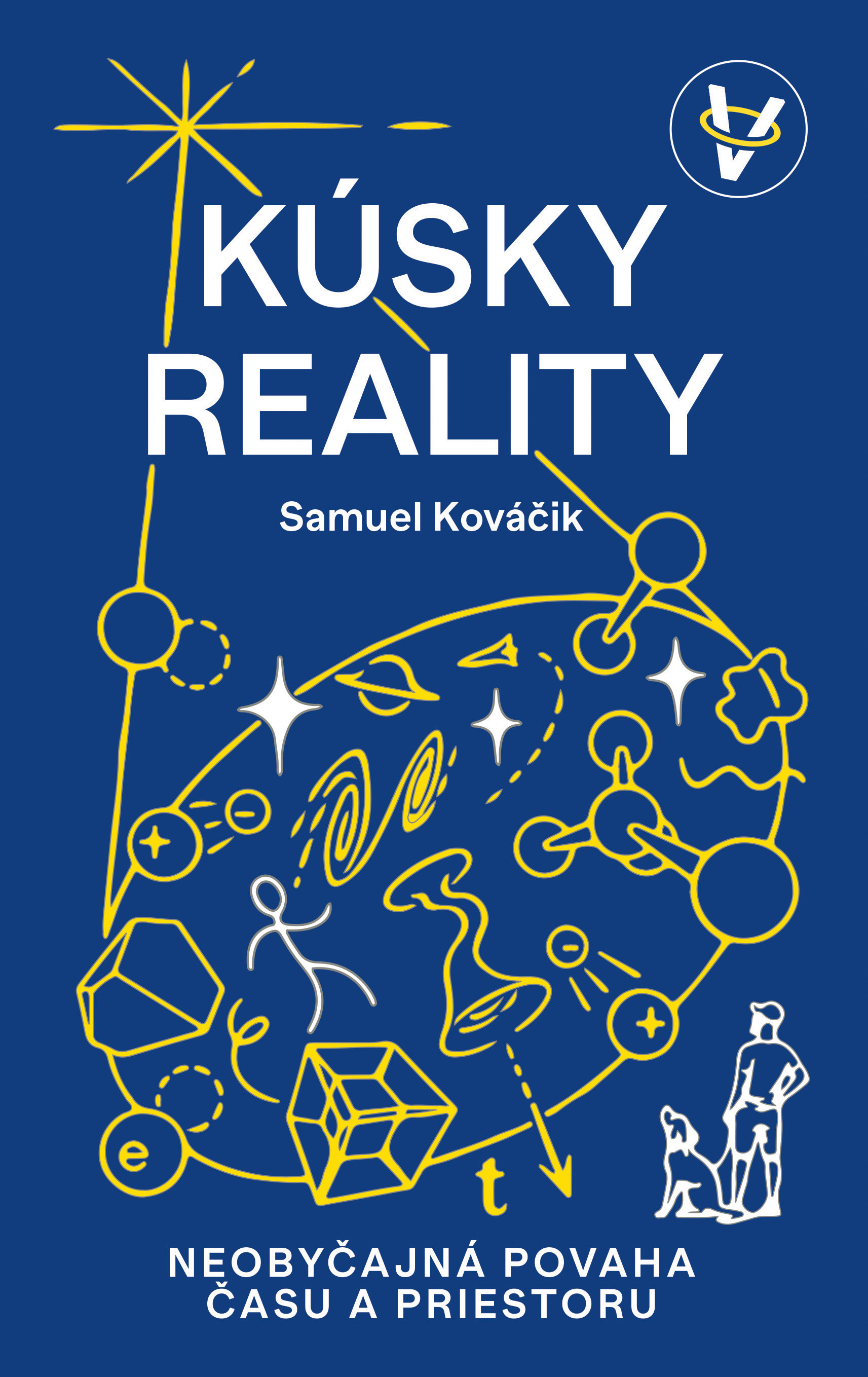Against the Grain
James C. Scott
An account of all the new and surprising evidence now available for the beginnings of the earliest civilizations that contradict the standard narrative Why did humans abandon hunting and gathering for sedentary communities dependent on livestock and cereal gra... čítať viac
EUR
Nedostupné
S Knihomoľ účtom získate zľavu 18%, dopravu zadarmo a zároveň zbierate body, aby ste ušetrili ešte viac s odmenami z vernostného programu.
Podobné knihy
Viac o knihe
An account of all the new and surprising evidence now available for the beginnings of the earliest civilizations that contradict the standard narrative Why did humans abandon hunting and gathering for sedentary communities dependent on livestock and cereal grains, and governed by precursors of today's states? Most people believe that plant and animal domestication allowed humans, finally, to settle down and form agricultural villages, towns, and states, which made possible civilization, law, public order, and a presumably secure way of living. But archaeological and historical evidence challenges this narrative. The first agrarian states, says James C. Scott, were born of accumulations of domestications: first fire, then plants, livestock, subjects of the state, captives, and finally women in the patriarchal family-all of which can be viewed as a way of gaining control over reproduction. Scott explores why we avoided sedentism and plow agriculture, the advantages of mobile subsistence, the unforeseeable disease epidemics arising from crowding plants, animals, and grain, and why all early states are based on millets and cereal grains and unfree labor. He also discusses the "barbarians" who long evaded state control, as a way of understanding continuing tension between states and nonsubject peoples.
ISBN / EAN
9780300182910
Vydavateľstvo
Yale University Press
Jazyk
anglický
Formát
tvrdá
Deň uvedenia
2017-01-01
Katalógové číslo
184180














